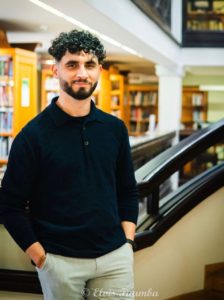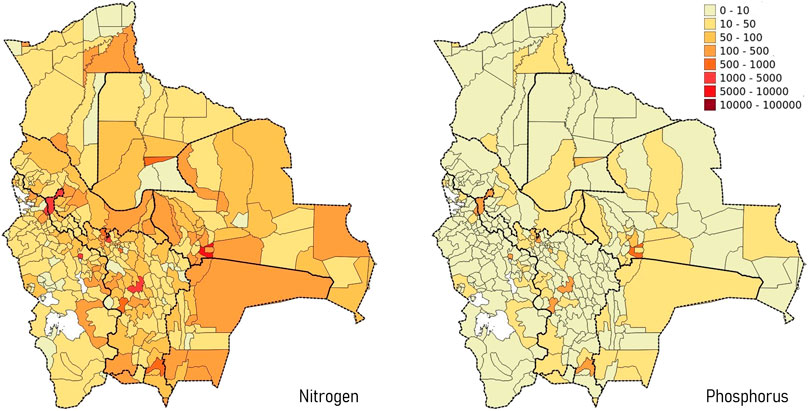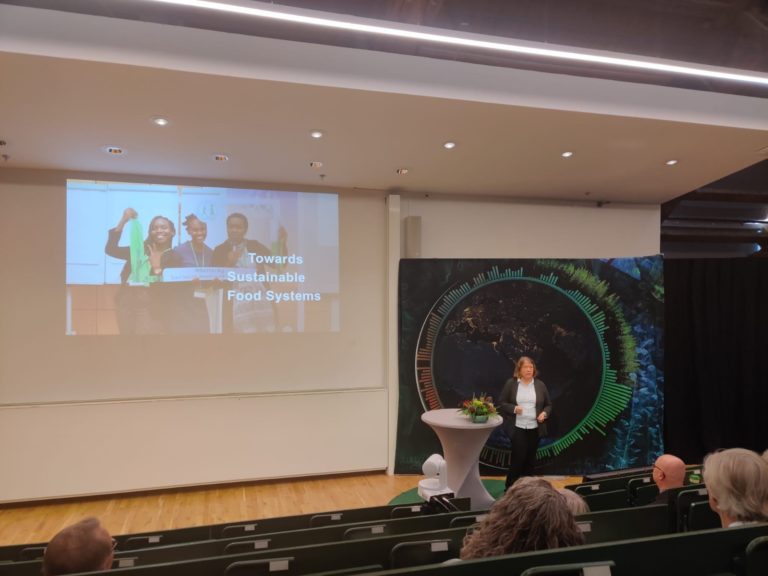Our group has two new positions for hiring PhD candidates –
PhD position in technology development of next generation sanitation systems. Link: https://www.slu.se/en/about-slu/work-at-slu/jobs-vacancies/?rmpage=job&rmjob=7343&rmlang=UK
SLU has developed a new technology to treat source-separated human urine, where fresh human urine is chemically stabilised and then evaporated to produce water and a solid fertilizer. The technology has been piloted in several locations across Sweden (e.g., at the offices of VA Syd in Malmö). If implemented globally, human urine could substitute about one-quarter of current nitrogen and phosphorus fertilizers worldwide.
The aim of this PhD project will be to continue the technology development, with focus on performing research in support of scaling up the urine dehydrating sanitation system. During this project, lab-scale treatment systems available at SLU will be scaled up into full scale operations for the production of 25 kg of dry fertilisers per day. The project will involve both fundamental research (e.g., evaluating changes to composition and properties of urine during dehydration) and implementation research (e.g., developing reactors for stabilizing urine at the toilet). The PhD project will be part of a larger Horizon Europe Research and Innovation Action collaborative project, “P2Green” (Closing the gap between fork and farm for circular nutrient flows), where three pilot regions will scale-up and implement innovative sanitation technologies in real-life conditions. The Island of Gotland will be one of the pilot regions where SLU will scale up and validate urine dehydration. Contact: Bjorn Vinneras
PhD position in sustainable assessment of new sanitation systems. Link: https://www.slu.se/en/about-slu/work-at-slu/jobs-vacancies/?rmpage=job&rmjob=7342&rmlang=UK
The aim of this project is to investigate the potential for new sanitation innovations to provide sustainable benefits by quantifying trade-offs in terms of environmental impacts, costs and uncertainties. The primary focus will be on developing decision-support tools that allow decision-makers to weight trade-offs and test options for integrating new sanitation systems into existing infrastructures. Methods used will include life cycle assessment, cost-benefit analysis and systems dynamic modeling. The assessment methods will be applied on case studies of emerging technologies for nutrient recovery from urine and wastewater in the context of an EU project. The work will include interaction with stakeholders to co-design of development trajectories for integrating new sanitation systems into the local context. Contact: Jennifer McConville


 My name is Ali Mehaidli. Prior to my arrival here, I was living in Finland, studying Environmental Engineering at Tampere University of Applied Sciences. At SLU, I will be working with the urine treatment research group. My focus will be on the fate and stability of nitrogen during urine dehydration treatment. My internship and thesis project began in January, and I will be here till early June.
My name is Ali Mehaidli. Prior to my arrival here, I was living in Finland, studying Environmental Engineering at Tampere University of Applied Sciences. At SLU, I will be working with the urine treatment research group. My focus will be on the fate and stability of nitrogen during urine dehydration treatment. My internship and thesis project began in January, and I will be here till early June.
 My name is Jade Borel and I come from France, Grenoble. I am in the third year of environmental engineering school in Rennes. At SLU, I am part of the urine drying research team. I will work with urease enzyme and analyse how urine
My name is Jade Borel and I come from France, Grenoble. I am in the third year of environmental engineering school in Rennes. At SLU, I am part of the urine drying research team. I will work with urease enzyme and analyse how urine


